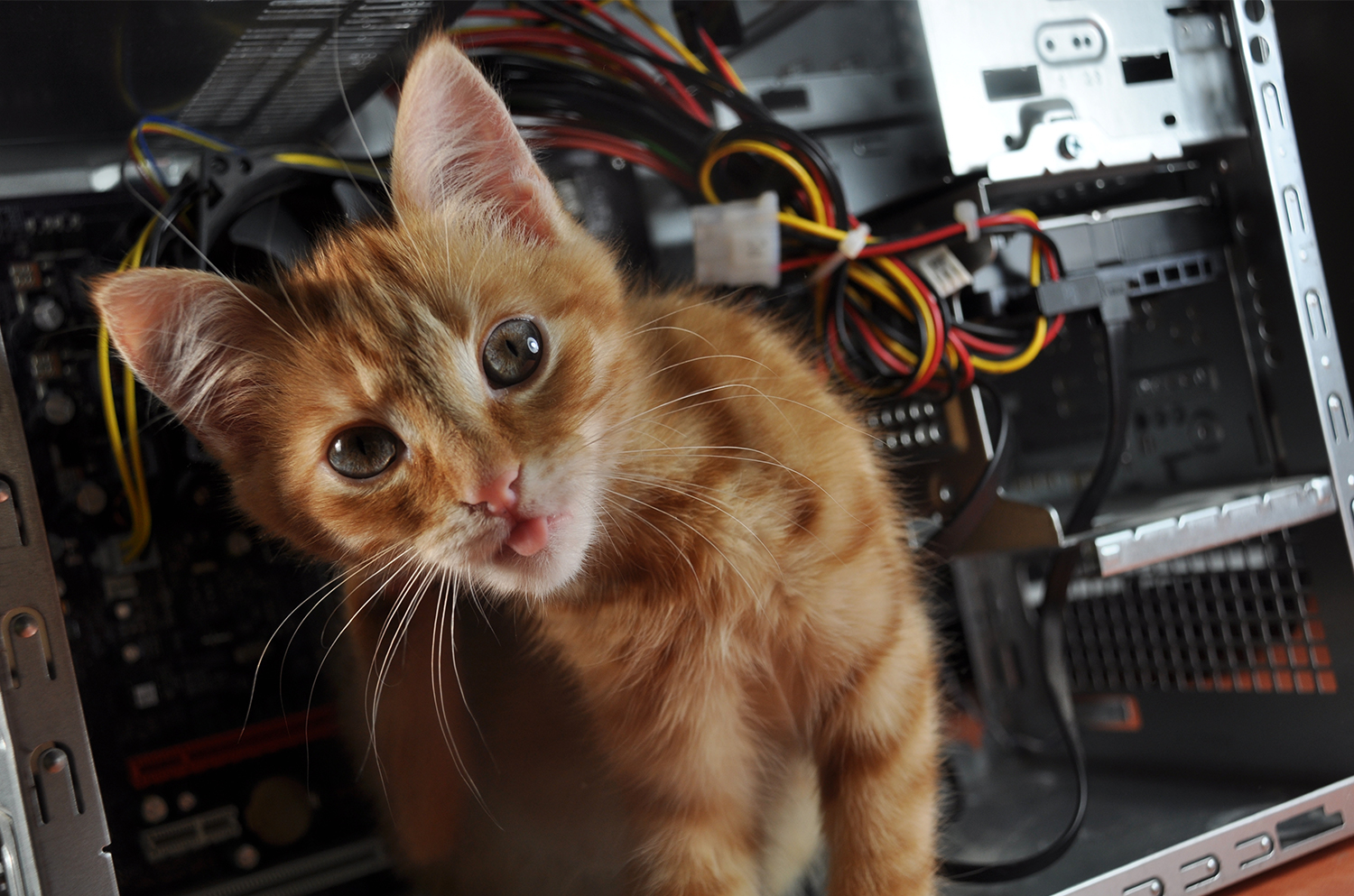
More revolutions per minute (RPM) equal to more noise produced.Ī quick way to fix this is by cleaning the dust that builds up in your laptop, especially around the fans’ areas. The amount of air moved by your fans is considerably lower when dust of dirt obstructs them thus resulting in less effective heat dissipation.Īs a response to high temperatures being detected from your CPU and GPU, your motherboard will signal the fans to spin faster in order to reduce the temperature. This is also the first thing to check when notice your laptop fan making noise more than usual.

Fans are built out of many mechanical components that will, with age, fail. So if you have asked yourself “why is my laptop fan so loud lately”, it may be something along these lines below.Ī laptop fan can get noisy for many reasons.

It can start as a buzzing, perhaps tolerable sound at first, and develop into a constant, intense sound that will surely bug many users. While it is normal for your laptop fan to produce a reasonable degree of noise, louder volumes may indicate that something may be wrong with your laptop. No one likes the weird and really annoying metallic sounds produced by a computer’s fans though, more so when you’re trying to concentrate on your work. Laptop fans usually spin faster when components such as the CPU and GPU are under heavy loads, thus generating higher levels of noise. Having a loud laptop fan may, at times, be normal, especially when performing heavy tasks.


 0 kommentar(er)
0 kommentar(er)
